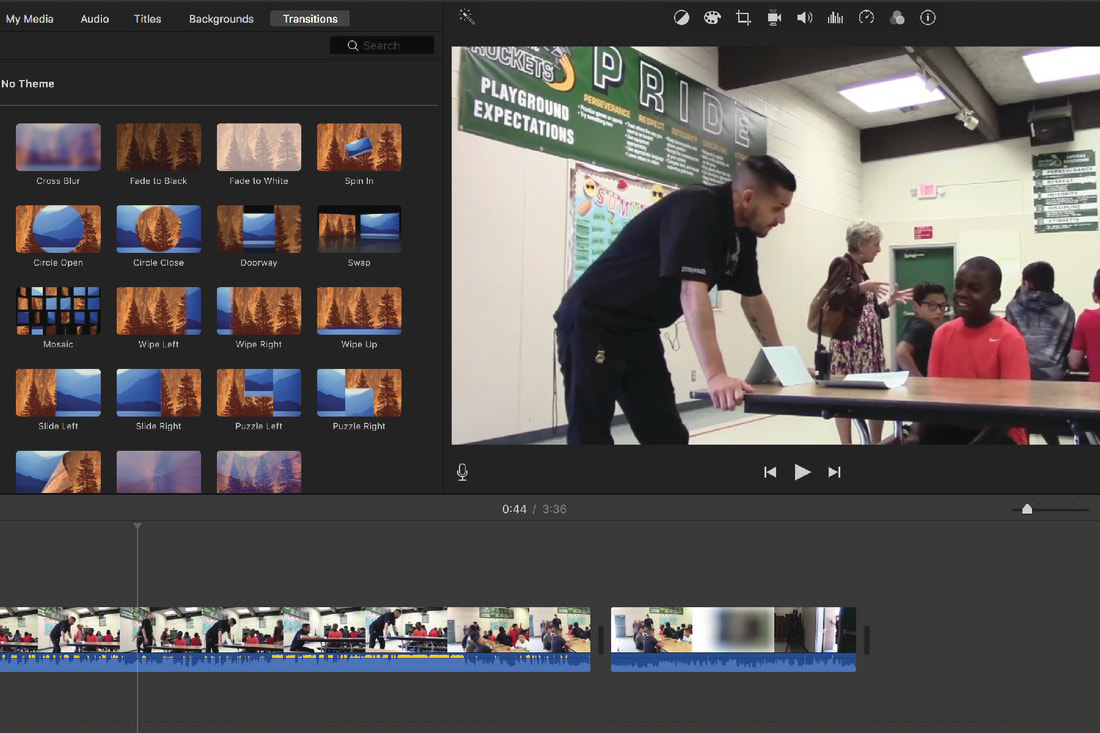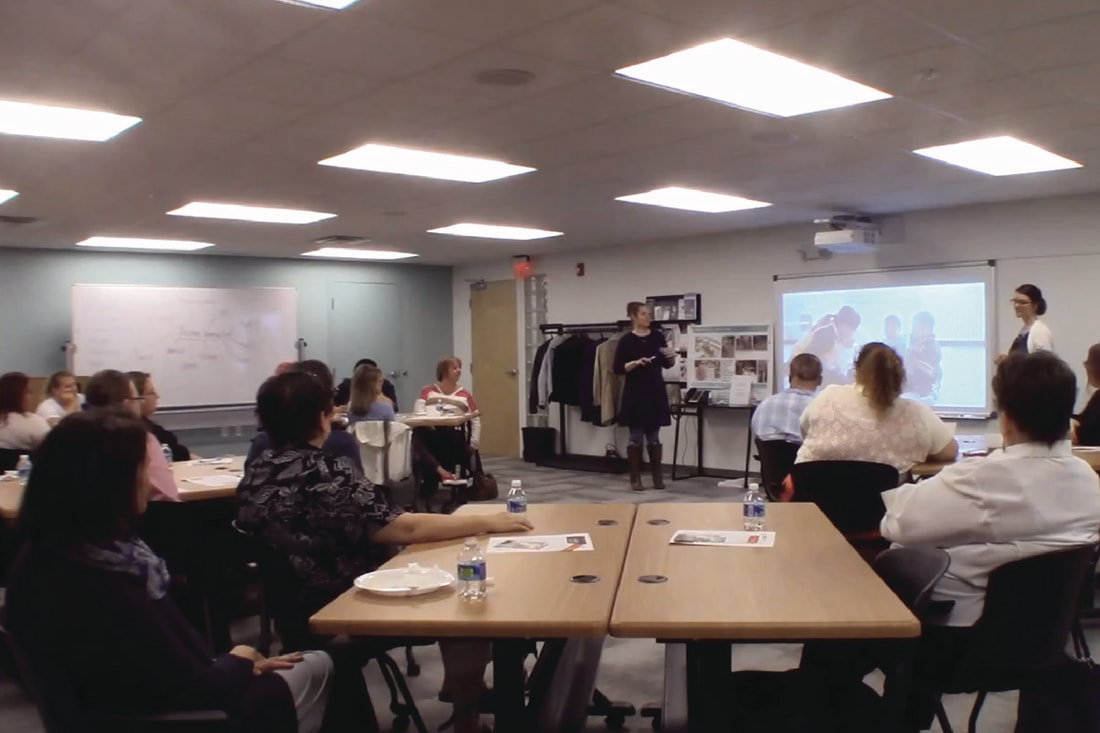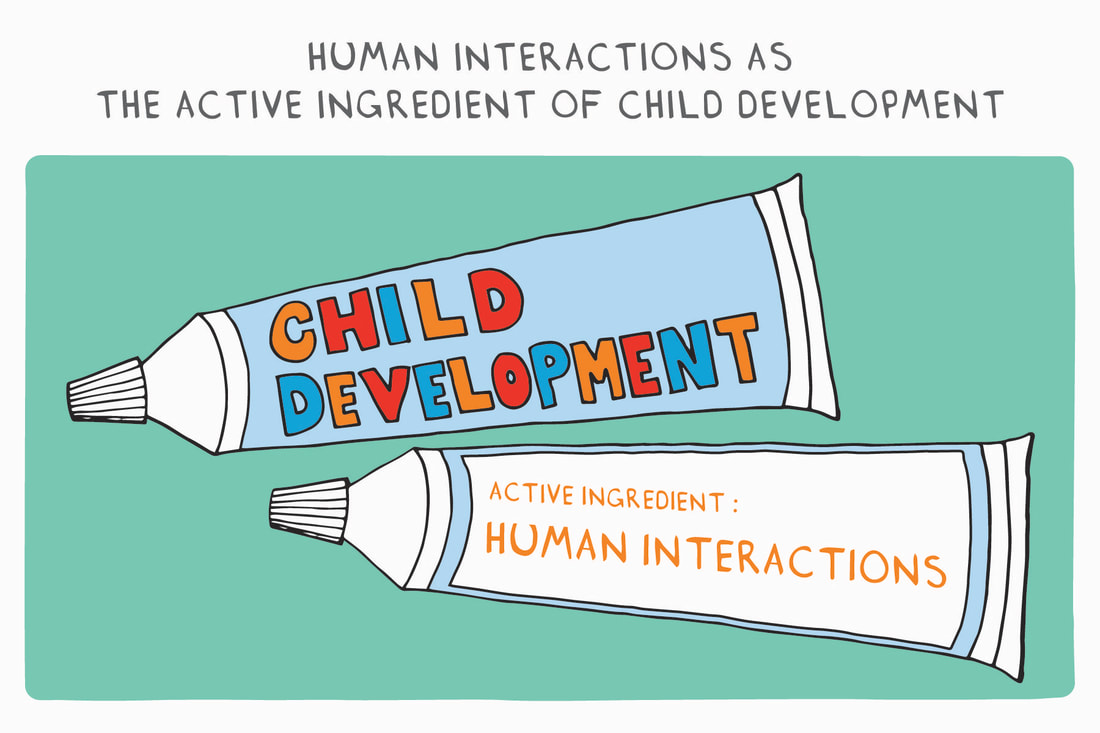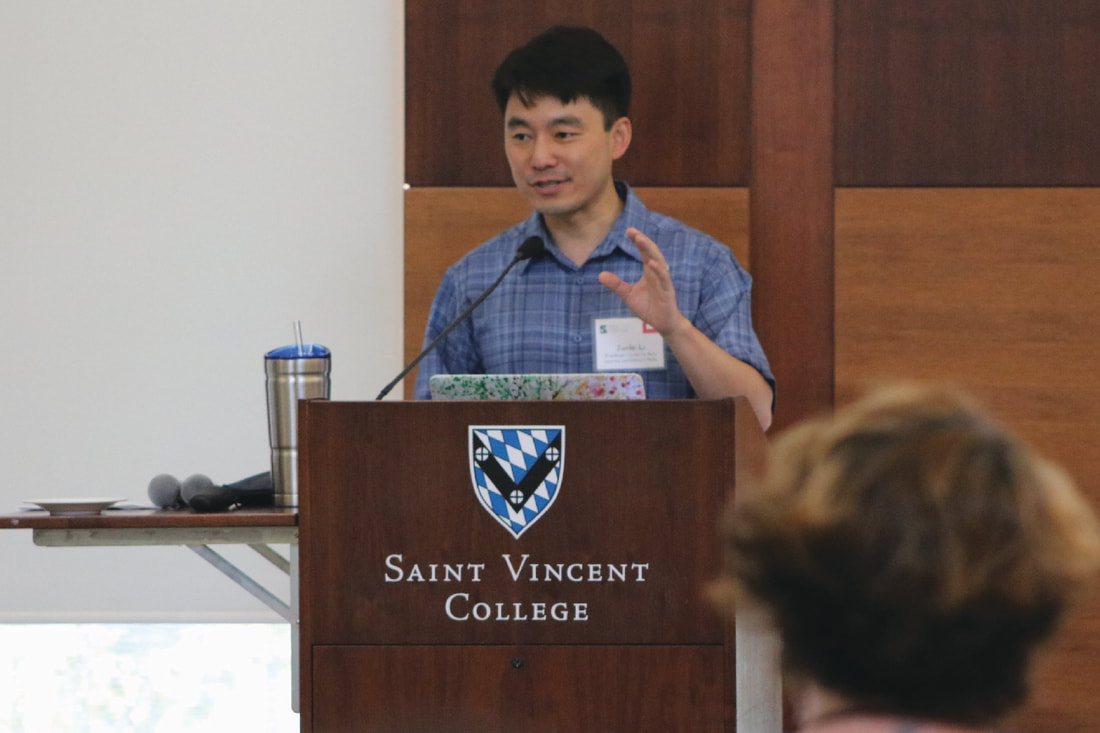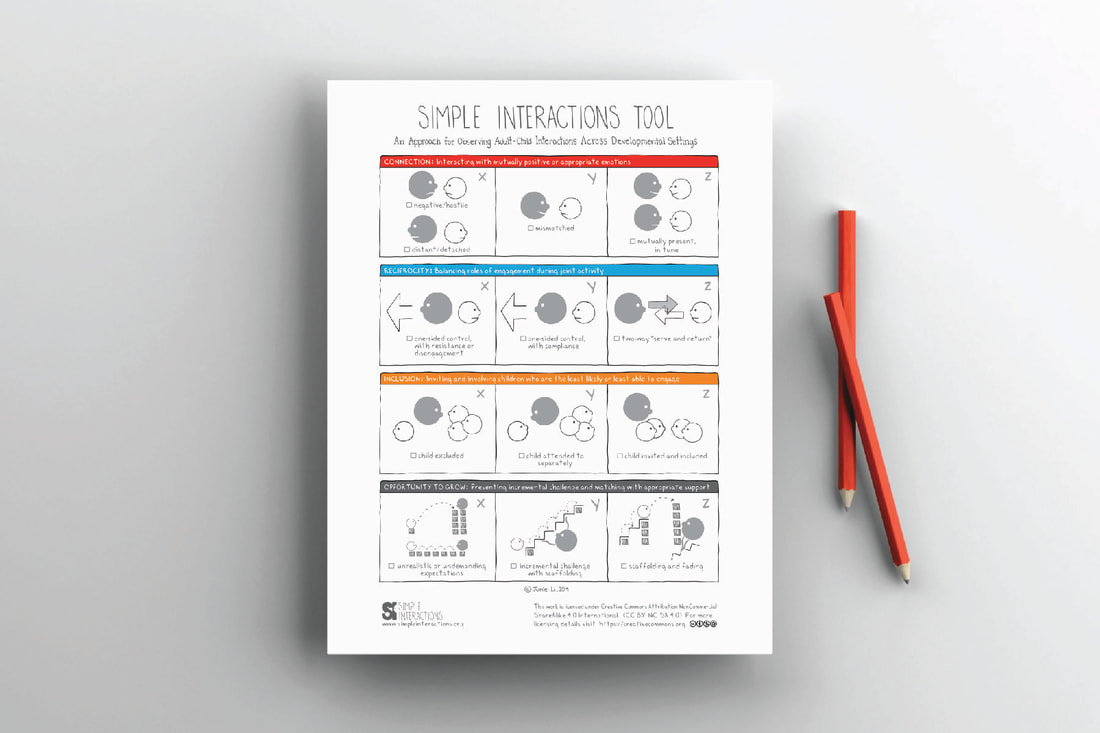SI OVERVIEW
Simple Interactions is a practice-based, strengths-focused, and community-driven approach to support helpers who serve children, youth, and families.
Sometimes it can be hard to see how we fit within a larger system of serving children, youth, and families. For any system or community to encourage, enrich, and empower human interactions and relationships, we must have people working together in support of one another. We all have a role to play in promoting developmental interactions and relationships around children, youth, and their helpers. The following video demonstrates our ideas of how systems and communities can work together to support a relationship-based vision.
Learn more about SI...
Simple Interactions begins with simple recordings of interactions between adults and children. From those recordings, we create presentations and workshops and provide free-to-use tools for front-line staff who work with children. Then, we use what we further learn from these adults to advocate for programs and policies that empower human interactions.
|
IDENTIFY AND CAPTURE DEVELOPMENTAL ADULT-CHILD INTERACTIONS IN EVERYDAY PRACTICE
Using basic video cameras, we capture authentic and unscripted interactions between adults and children in everyday settings. Using our Simple Interactions Tool as a lens, we identify moments that embody one or more underlying dynamics of a developmental interaction: connection, reciprocity, inclusion, and opportunity to grow. We highlight these moments, whether they last a few seconds or a few minutes, through simple video edits.
|
BUILD AND FACILITATE COMMUNITIES TO LEARN AND GROW FROM WHAT THEY ALREADY DO WELL
Using videos of positive, everyday moments as learning materials, we facilitate a reflective process by which the front-line staff notice what are already working in their daily interactions and wonder about how such practices can grow within their local community. The workshops serve as affirmative reminders of the power of simple, everyday interactions.
|
COMMUNICATE THE SCIENCE AND PRACTICE OF HUMAN INTERACTIONS ACROSS SYSTEMS
We develop presentations and workshops that link moments of developmental interactions with both scientific principles and persistent policy challenges (e.g., measuring quality, defining professionals, improving systems). As speakers and workshop facilitators, we share the messages with staff who directly serve children and families, and decision-makers who support the work of front-line staff.
|
|
Through speaking engagements, workshops, and on-the-ground projects across numerous states and several countries, we are committed to promoting human development through concrete and specific practices, programs, and policies that empower adult helpers and local communities.
|
Our work has been generously supported by both public and philanthropic funding. As a founding principle, we ensure that the tools and resources we develop remain free and accessible for those who serve children, youth, and their adult helpers.
|
simple interactions is ...
PRACTICE - BASED
Video-based feedback provides a mechanism to highlight these moments of positive deviance. Video clips of practice give educators a chance to notice components of the interactions that they may overlook through observations. In addition, video clips provide an opportunity for educators to view their own practice, something they rarely have an opportunity to do. The video clips provide an example of interaction moments that help educators to analyze practice. Viewing video clips of oneself and peers creates a space for educators to reflect, notice, and wonder about interaction moments that contribute to the overall practices of early childhood. As one educator who was active with the Simple Interactions approach mentioned, "To me, noticing is about seeing what is there, what is not there, what could be there, what has been there before, what might be dreamed there."
STRENGTHS - FOCUSED
Simple Interactions situates all learning and growing within the lived experiences and moment-to-moment interactions between adults and children; respecting, honoring, and supporting all children's helpers - parents, caregivers, teachers, and neighbors - by identifying what ordinary people do extraordinarily well for children. The practice of focusing on the strength of what adults do well in their interactions with children is based on the social change strategy of "positive deviance." The concept of positive deviance, originally tested in public health, is based on the observation that there are individuals who succeed in a community despite facing similar challenges as their peers. The Positive Deviance approach focuses on how communities can identify these successful behaviors and find ways to adopt them widely for the success of all. The positive deviants are those educators and adults who, regardless of resource limitations and ongoing challenges, find ways to provide consistent developmental interactions for children in their care. Even educators who feel stressed or inexperienced may still have moments of "positively deviant" interactions with children. Through the Simple Interactions approach, these moments are highlighted as the existing strengths of child-serving adults to promote the development of children.
COMMUNITY - DRIVEN
Learning in a community of similarly-situated professionals is an important mechanism for growth. The Simple Interactions approach organizes and facilitates communities of practice where adults who work with children come together to learn and share from one another. Communities of practice can take different sizes and compositions, and communities of practice around SI have ranged from small groups of educators who work together in a location, to professionals across a region who work in similar contexts with similar resources and challenges, to a group of adults across the globe who gather virtually and in person to carry SI into vastly different contexts. What is instrumental to making each of these groups work and learn together as a community of practice is some commonality across the participants: the professionals' likenesses in experience, work setting, children served, challenges, or experience with and dedication to the practice of SI.
Recruiting educators to participate in a Community of Practice is only the beginning of facilitating learning through Simple Interactions. Since these individuals will be sharing video from their own practices with the group, it is important to build a safe and trustworthy environment for learning and growing together. Given that many educators may be unfamiliar with one another, building a culture where the participants feel safe and welcomed with one another is imperative. Simple Interactions is built upon the importance of relationships and developmental interactions between adults and children, and the same foundation is important for adult interactions in a learning environment. The foundational tenets of the Simple Interactions approach (connection, reciprocity, inclusion, and the opportunity to grow) are universally applicable to all developmental interactions that result in the strengthening of human relationships. Therefore, a learning environment that values the development of all participants and holds the value of human relationships as the foundation of growth is essential to positive learning using Simple Interactions.
Recruiting educators to participate in a Community of Practice is only the beginning of facilitating learning through Simple Interactions. Since these individuals will be sharing video from their own practices with the group, it is important to build a safe and trustworthy environment for learning and growing together. Given that many educators may be unfamiliar with one another, building a culture where the participants feel safe and welcomed with one another is imperative. Simple Interactions is built upon the importance of relationships and developmental interactions between adults and children, and the same foundation is important for adult interactions in a learning environment. The foundational tenets of the Simple Interactions approach (connection, reciprocity, inclusion, and the opportunity to grow) are universally applicable to all developmental interactions that result in the strengthening of human relationships. Therefore, a learning environment that values the development of all participants and holds the value of human relationships as the foundation of growth is essential to positive learning using Simple Interactions.

